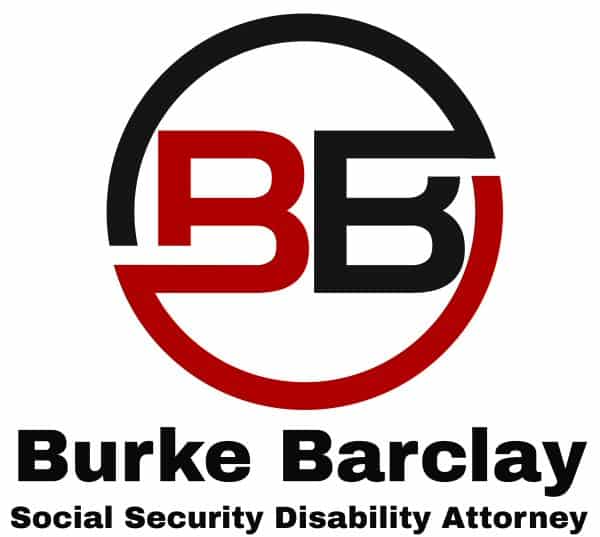The Five Steps of Disability Determination
About Disability Determination by the Social Security Administration
Believe it not, your doctor cannot make your disability determination. That is whether or not you are disabled. In fact, the Social Security Administration has its own set of five distinct steps for disability determination. If you are unable to progress through these sequential evaluations successfully, then you will be found to be not disabled. What this ultimately means, is that the Social Security Administration believes there are jobs still out in the economy you are capable of doing despite your physical or mental limitations.
At times, this is very hard for claimants to not only understand but accept. They feel as though they are too ill or impaired to work a full-time job. However, it can be very frustrating to have someone tell you that you are capable of working at a job you’ve never heard of. And that is just what the Administration will tell you if you are not successful at one of the five steps along the way in determining whether a person is disabled.
So, here are the steps you must successful pass in order to be found disabled.
One: Are you currently working?
The Social Security Administration calls this engaging to “Substantial Gainful Activity.” As a single individual, if you are making more than $1,130.00 per month, then you are engaging in substantial gainful activity and you will be found not disabled. Also keep in mind, even if you are making less than this amount, the Administration will want to know what you do at your current job to determine if you are disabled. But, suffice it to say, if you are making at least this amount every month, you are going to be automatically denied at this step and you claim will go no further.
Two: Are you impairments severe?
Is you mental or physical impairment severe enough to keep you from working at least one year or more or lead to your death? Remember at this stage, the Administration is also making a determination as to how your severe impairment affects your ability to work. If it significantly limits your abilities, then you will at least pass this step in the determination process. However, if your medical records show that your condition is only mild or non-severe, then your claim will be denied.
Three: Does your condition meet one of Social Security’s medical listing?
This is the only stage in the sequential evaluation process in which if you are not successful, your claim will not be automatically denied. If you’ve made it this far, then understand that if your condition meets the criteria set forth by the Administration, then your claim will be approved. However, please also keep in mind, very few people are able to meet these strict definitions of their impairment, and most have to move onto step four and five to win their disability case.
Four: Can you still do any job you’ve done in the past fifteen years?
There is quite a bit to this step in determining whether or not someone is disabled. But to make it easier to understand, ask yourself this: Think back over the last fifteen years and recall every job where you worked there long enough to acquire the skills necessary to satisfactorily complete the requirements. Now, even with your mental or physical impairment, could you possibly go back to that type of job and be able to work? If you can, believe it or not, you are not disabled.
Five: Can you go out into the workforce and find some other kind of work?
This is usually the most maddening for claimants. The Social Security Administration will take into consideration your age, education, and past work skills that could possibly transfer to some other type of work, and make its determination as to whether or not you are disabled. If there is a finding that you are capable of performing certain types of jobs even despite your physical or mental impairment, then you will be found not disabled.
You Need an Experienced Social Security Disability Lawyer
We represent claimants fighting for their Social Security disability benefits throughout Texas and California. Contact the Law Office of Burke Barclay for a highly experienced Social Security Disability Lawyer in Dallas, Texas
"Experienced Social Security Disability Lawyer representing clients throughout the United States who either need to initially file for their Social Security disability benefits or have been denied at one of the various stages throughout the process to give them the best chances of success."
Business Address
The Law Office of Burke Barclay
3838 Oak Lawn Ave.
Suite 1000
Dallas, TX 75219
Business Hours
Monday - Friday
8:00 AM - 5:00 PM





